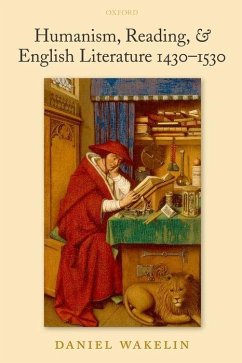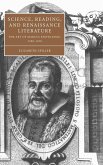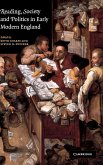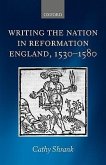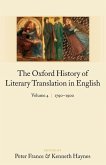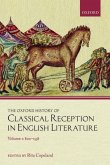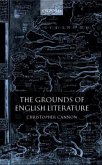Humanism is usually thought to come to England in the early sixteenth century. In this book, however, Daniel Wakelin uncovers the almost unknown influences of humanism on English literature in the preceding hundred years. He considers the humanist influences on the reception of some of Chaucer's work and on the work of important authors such as Lydgate, Bokenham, Caxton, and Medwall, and in many anonymous or forgotten translations, political treatises, and documents from the fifteenth and early sixteenth centuries. At the heart of his study is a consideration of William Worcester, the fifteenth-century scholar. Wakelin can trace the influence of humanism much earlier than was thought, because he examines evidence in manuscripts and early printed books of the English study and imitation of antiquity, in polemical marginalia on classical works, and in the ways in which people copied and shared classical works and translations. He also examines how various English works were shaped by such reading habits and, in turn, how those English works reshaped the reading habits of the wider community. Humanism thus, contrary to recent strictures against it, appears not as 'top-down' dissemination, but as a practical process of give-and-take between writers and readers. Humanism thus also prompts writers to imagine their potential readerships in ways which challenge them to re-imagine the political community and the intellectual freedom of the reader. Our views both of the fifteenth century and of humanist literature in English are transformed.
Daniel Wakelin uses new methods and theories in the history of reading to uncover fresh information about the design, ownership, and marginalia of books in a neglected period in English literary history. Transforming our understanding of how new trends influenced writers from Chaucer, through Lydgate and Caxton, to the early Tudor period, this is the first book to identify the origins of the humanist tradition in England in the 15th century.
Hinweis: Dieser Artikel kann nur an eine deutsche Lieferadresse ausgeliefert werden.
Daniel Wakelin uses new methods and theories in the history of reading to uncover fresh information about the design, ownership, and marginalia of books in a neglected period in English literary history. Transforming our understanding of how new trends influenced writers from Chaucer, through Lydgate and Caxton, to the early Tudor period, this is the first book to identify the origins of the humanist tradition in England in the 15th century.
Hinweis: Dieser Artikel kann nur an eine deutsche Lieferadresse ausgeliefert werden.

